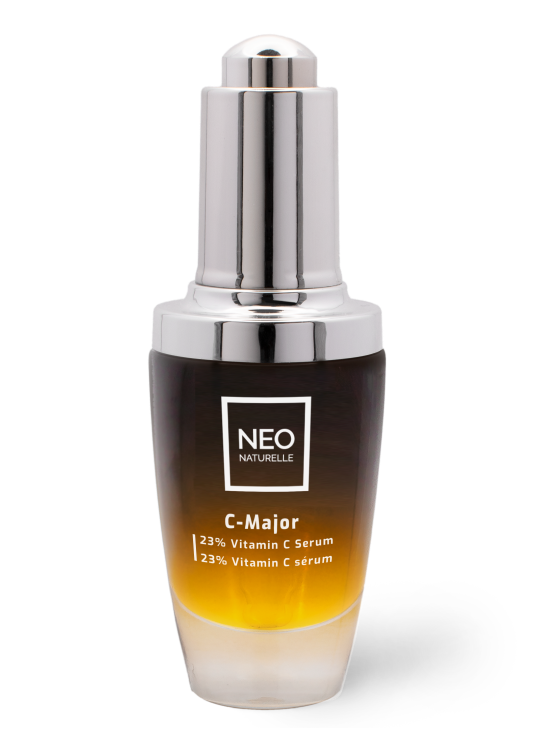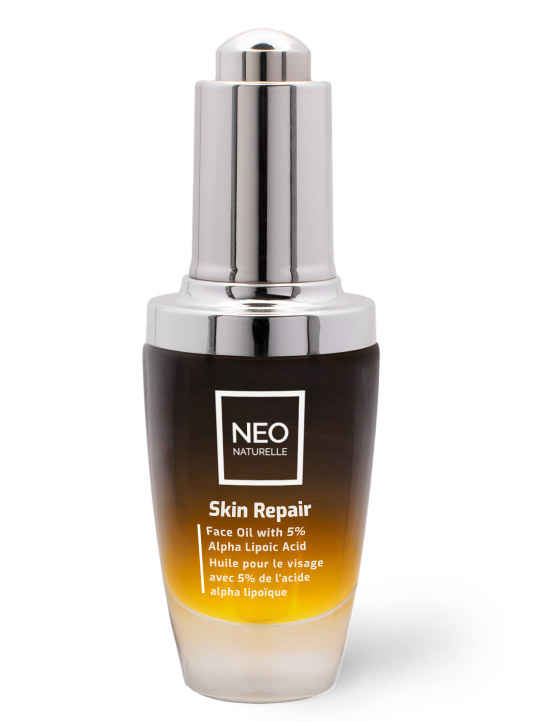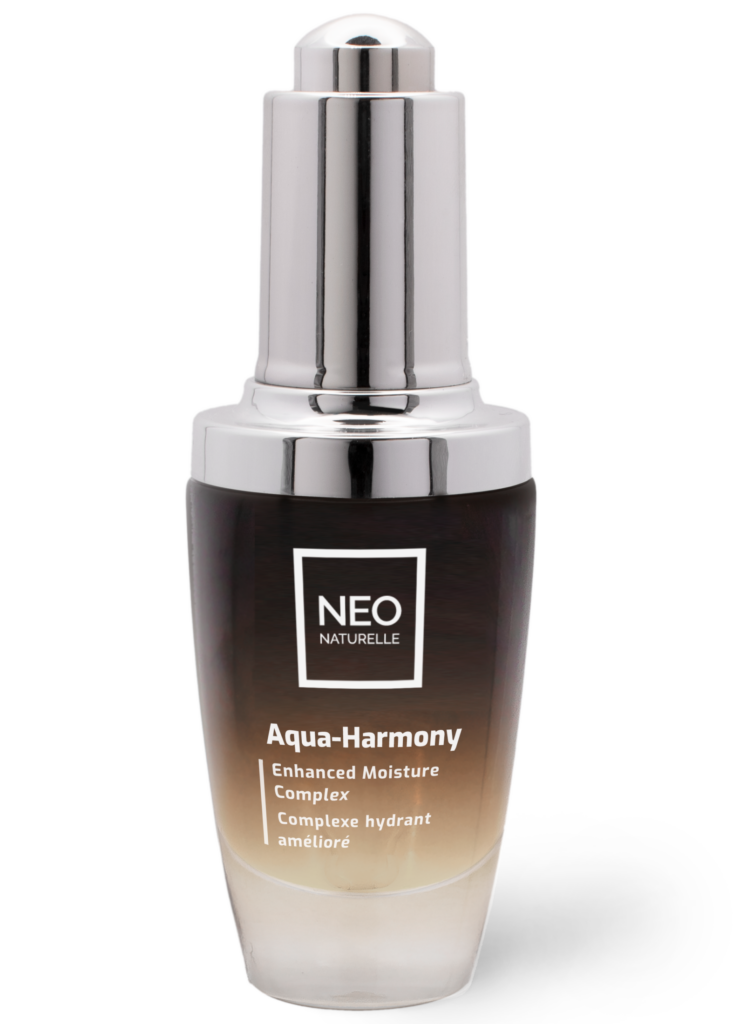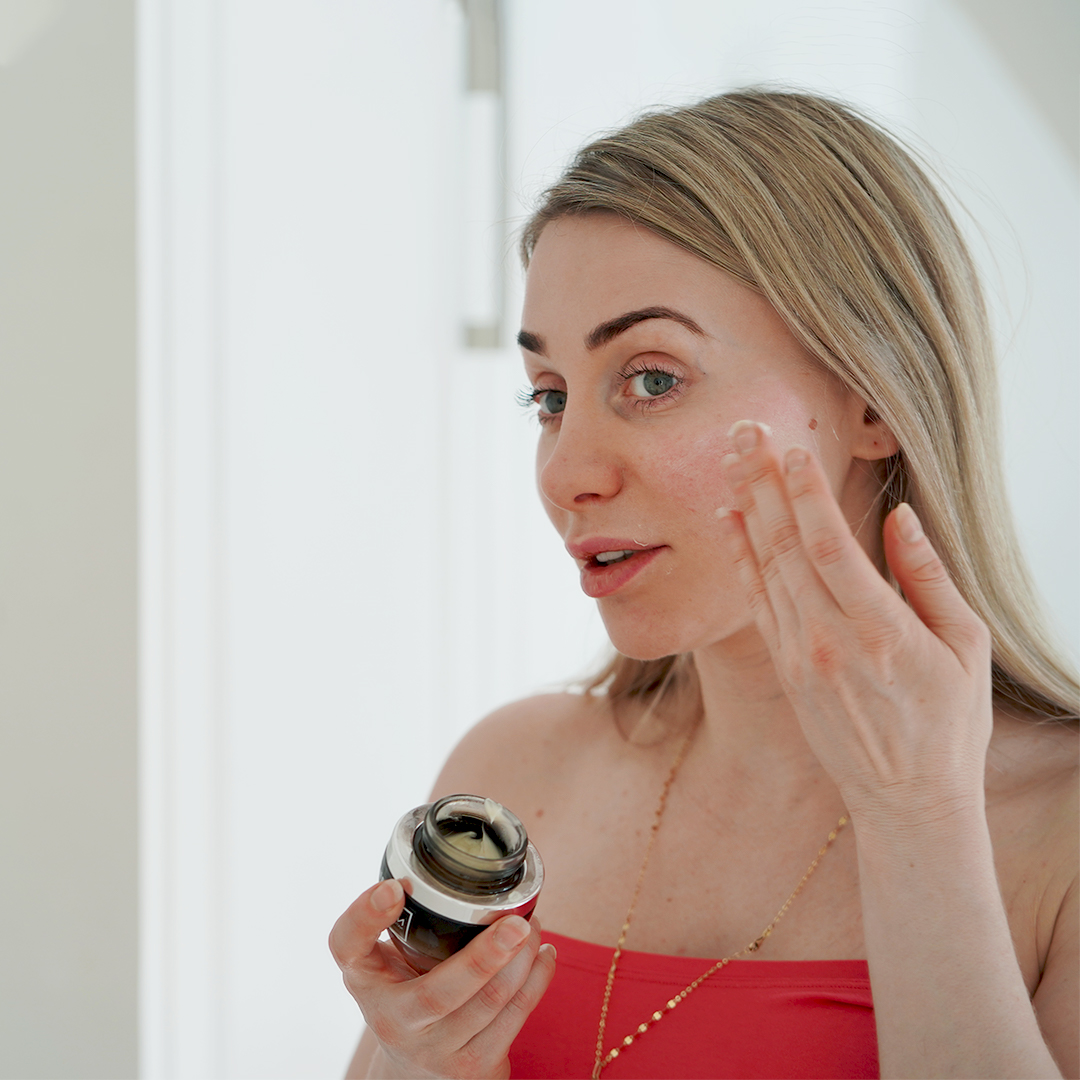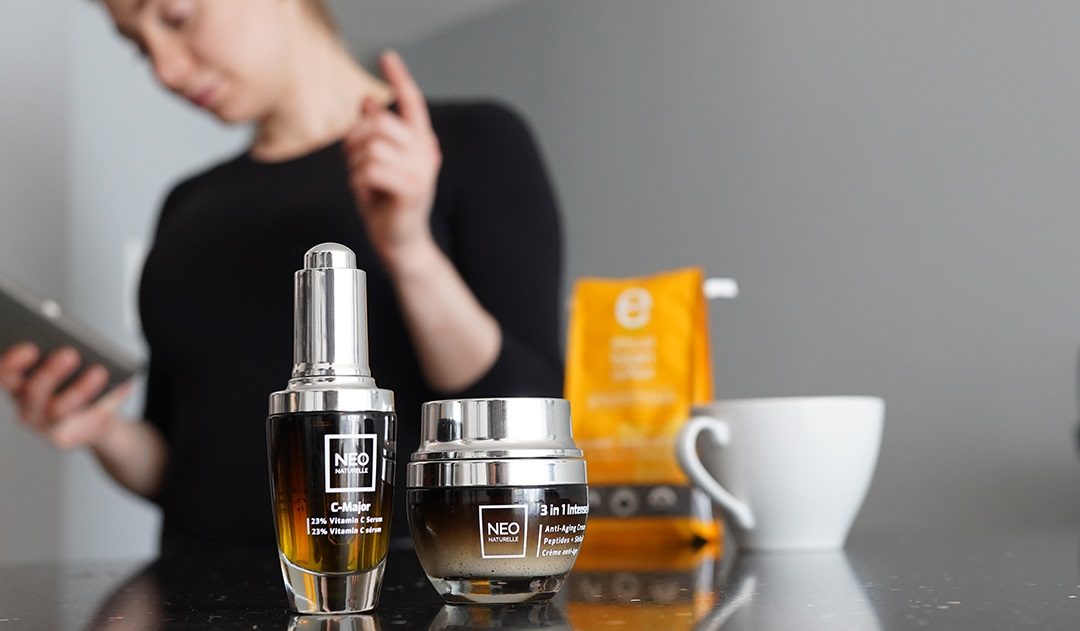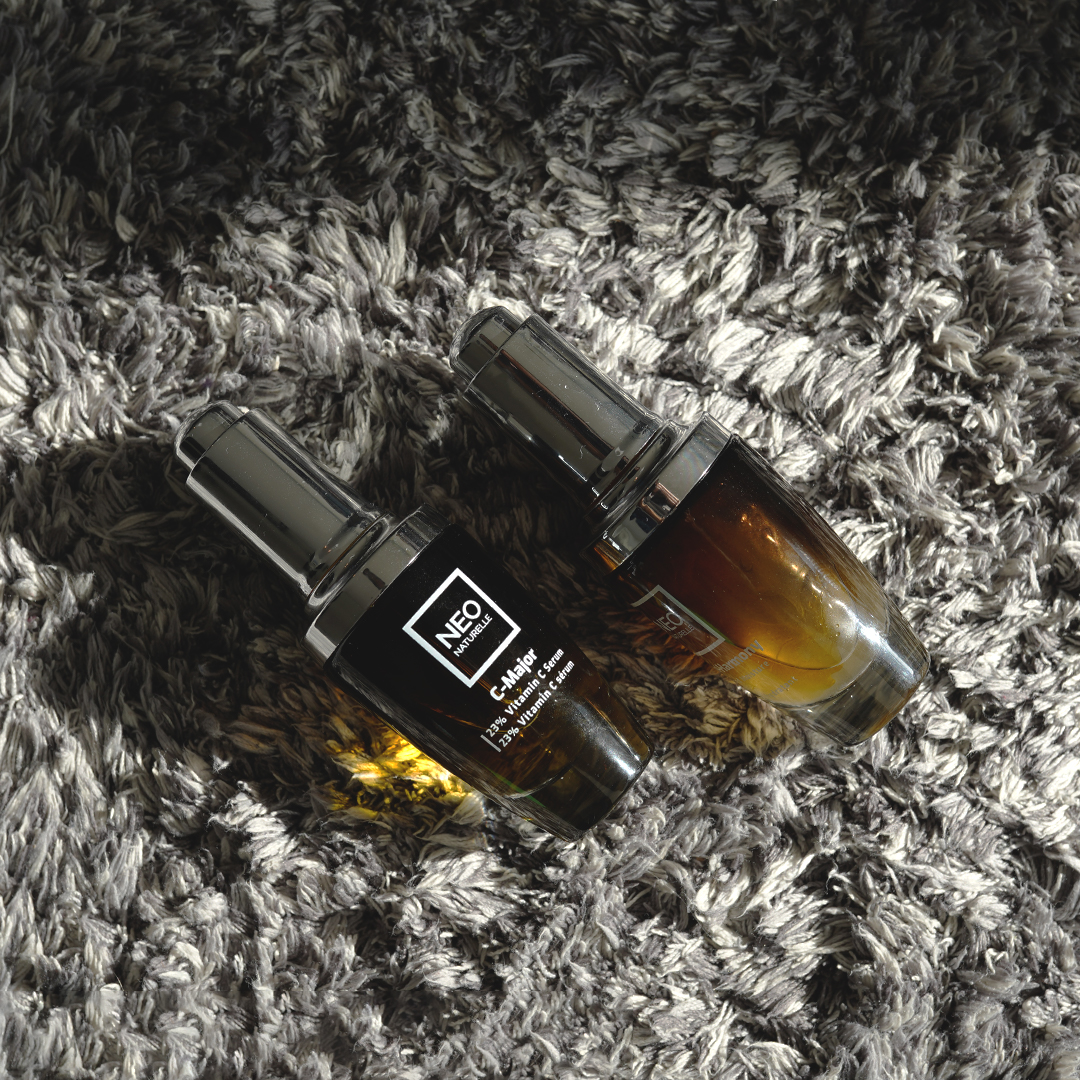Would you like some Propylene Glycol or Polyethylene on your skin?
If not, you might want to read this.
“Natural” or “organic” products have been getting a lot of good PR recently. Somehow, we now believe that we must use “natural” or “organic” products because if the ingredients are derived from plants, they must be safe. That is not always the case.
Here’s the truth about skincare that you need to know.
- Everything is made up of chemicals.
Sugar is a chemical and Salt is a chemical. All Vitamins are chemicals. More importantly there is no correlation between your ability to pronounce the name of a chemical and its safety. Tetrahexyldecyl ascorbate is also called vitamin C. Capric triglyceride is basically coconut oil.
- Not all plant-derived chemicals are safe
Not all “natural” or “organic” products are safe simply because they are plant derived. Cherry seeds contain amygdalin, from which the poison cyanide can be produced. Potatoes contain a deadly poisonous compound called solanine. Even apple juice can be poisonous if it contains a toxin called patulin. Patuin can be found in damaged or moldy fruits, particularly apples. Essential oils are highly concentrated essences that can cause skin damage and irritation. Plant derived is not always safe.
- Lab derived ingredient are NOT automatically toxic or harmful.
Similarly, just because some ingredients are manufactured does not mean they are toxic. Many manufactured chemicals are perfectly safe and are often cleaner and more potent than their natural counterparts. Vitamin C, for example, a manufactured product, is a great addition to your skincare routine. Vitamin C used in cosmetics, however, is not extracted from lemon or orange juice. It is produced in a lab. That is the case for all vitamins.
Well formulated products harness the power of science: they deliver clean, safe skincare with the potency that cannot be achieved via carrier or essential oils.
- Not all-natural skincare products have 100% natural formulation
Did you know that the term “natural” is not regulated by the FDA or Health Canada? There is no standard definition of “natural” in the beauty industry?
Self-proclaimed “natural” beauty companies define “natural” differently. In many instances they use as many natural ingredients as they see fit and use synthetically derived ingredients to complete their formulation.
Keep in mind that all water-based products require a preservative to prevent overgrowth of bacteria and mold. They require also stabilizers and emulsifiers. So, if you choose water-based product – there will be these ingredients. If you want to go truly preservative, stabilizer and emulsifiers free, limit your skin-care line to water-free products.
- Select products with fewer ingredients and limit the number of skincare products you use
Although the formulation of a skincare product is the most important variable, there is no reason to apply products made with 40, 50, and sometimes up to 80 different ingredients, especially if your skin is sensitive. These are rules you must follow if you have sensitive skin.
- Watch for compatibility
Some ingredients that are very beneficial for your skin on their own may be incompatible with other ingredients. For instance when you use Retinol product, you cannot use acid containing skincare. It would be too damaging for your skin. Retinol makes your skin very photo sensitive and can be used only at the night time. Your skin needs to recuperate for at least 8 hours after application. If you see retinol as part of the sunscreen formulation- beware.
- Use a well-formulated moisturizer.
A well-formulated moisturizer doesn’t just hydrate skin—it has actually been shown to improve several skin conditions including eczema, rosacea, and psoriasis. Maximizing the water content of skin allows the skin to function optimally, creating a strong barrier against bacteria, fungus, and allergens.
What is a well-formulated moisturizer, you ask? A good moisturizer has antioxidants – such as vitamin C or Vitamin E; skin-replenishing ingredients – such as hyaluronic acid and anti-aging ingredients – such as peptides. A good moisturiser will have no mineral oils, petrolatum’s, parabens or waxes, sulphates, lanolin, artificial dyes – these are either irritants or comedogenics and will clog your pores, thus triggering breakouts.
- Packaging matters
Plastic can leach BPA into your skincare. Bisphenol A is a synthetic ingredient used to produce strong and resilient plastics. BPA is said to mimic the structure and function of the hormone estrogen. Your body is sensitive to changes in hormone levels, which is the reason why BPA’s ability to mimic estrogen is believed to affect your health. Some of the metal containers have BPA coating. Choose wisely – glass container is the safest option.
Packaging should protect your product from UV light- it should have dark coating or solid surface not penetrable by sunlight.
The Bottom Line
The famous Russian novelists once said: “the rescue of drowning the handiwork of drowning”
To paraphrase: It is your responsibility to make good choices when it comes to food, skincare, your children’s toys, etc. Read the labels, educate yourself, make educated choices. We are here to help you make those choices.
Choose clean and safe products rather than buzz words.
Well-formulated products harness the power of both science and nature together to ensure you look your best. Science has enriched our lives in many ways. We should embrace scientific methods and advancements in the industry. There is a goodness in both worlds: science and nature. They have to go hand in hand. Do not reject either of them.
Purchase skincare products from reputable manufacturers committed to product safety and quality. Manufacturers who are transparent in their definition of “natural” and have expertise and integrity to select clean and safe ingredients.
